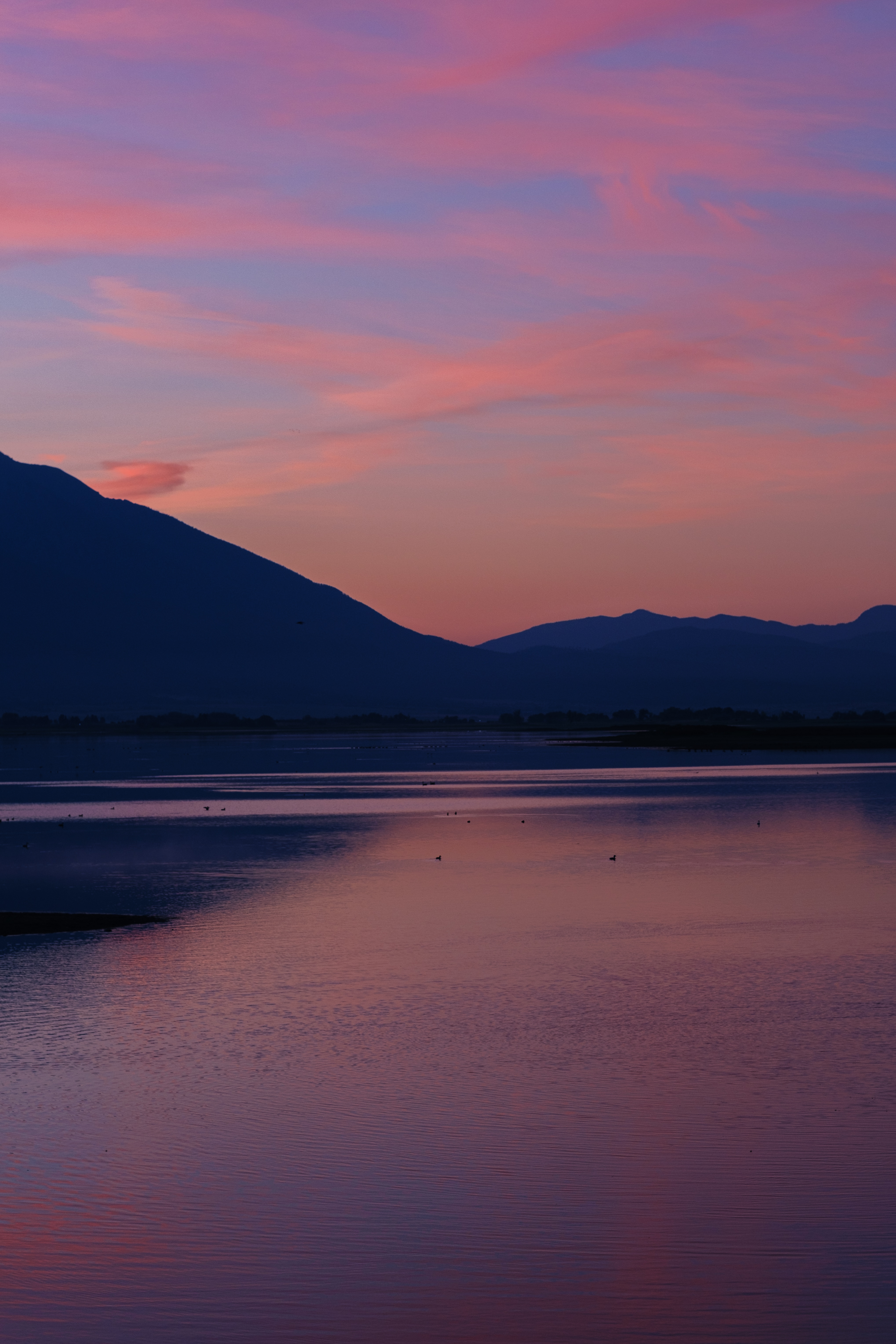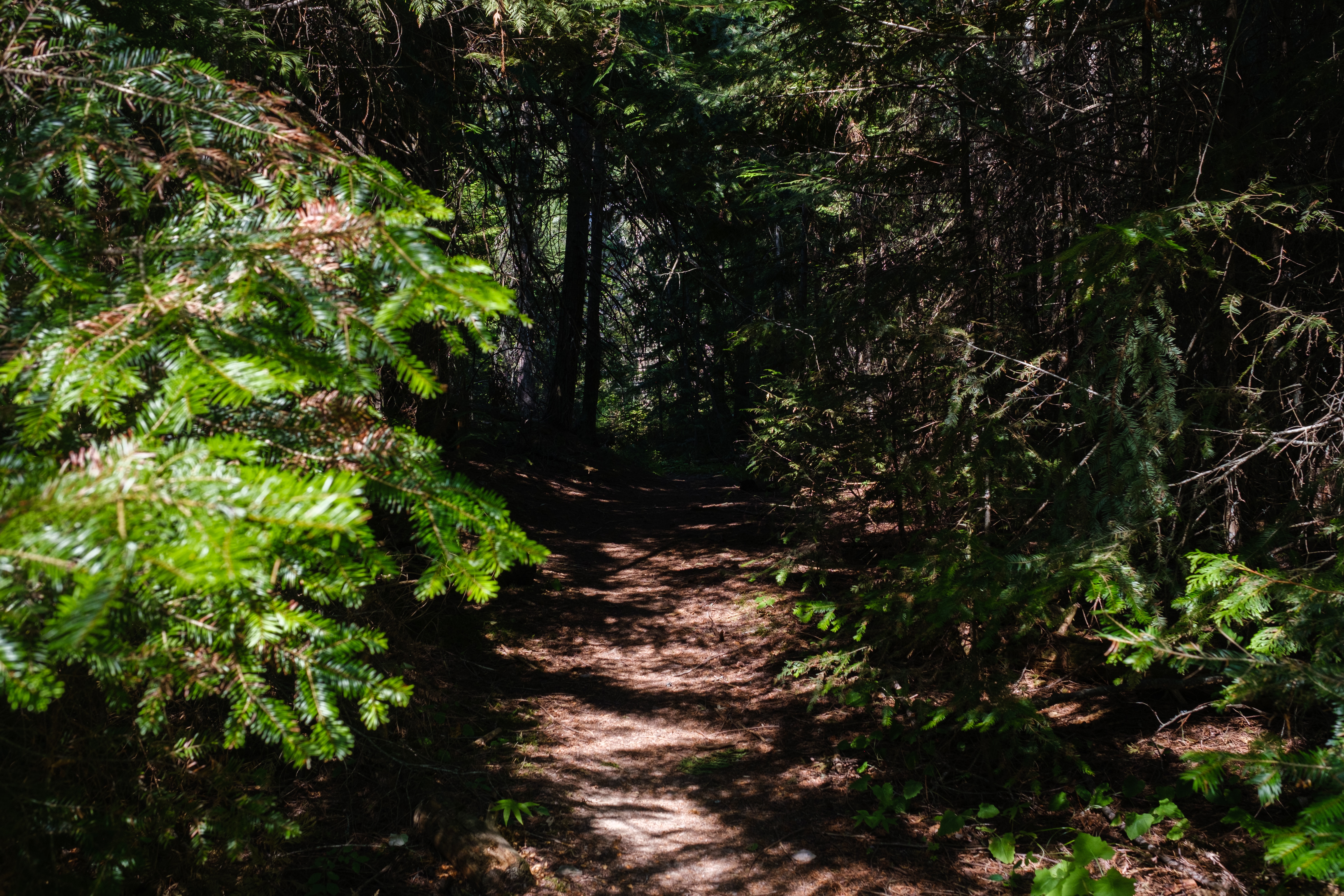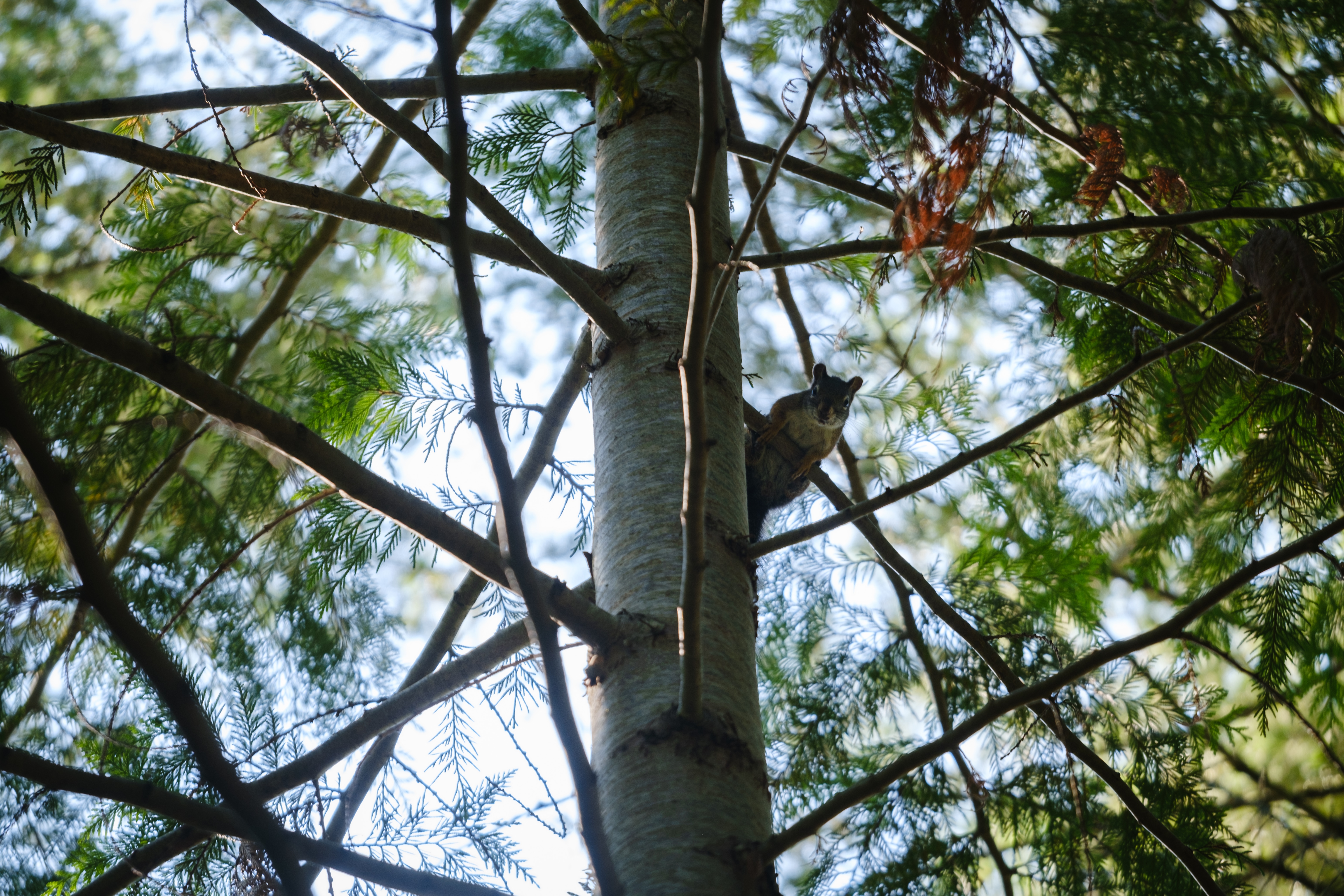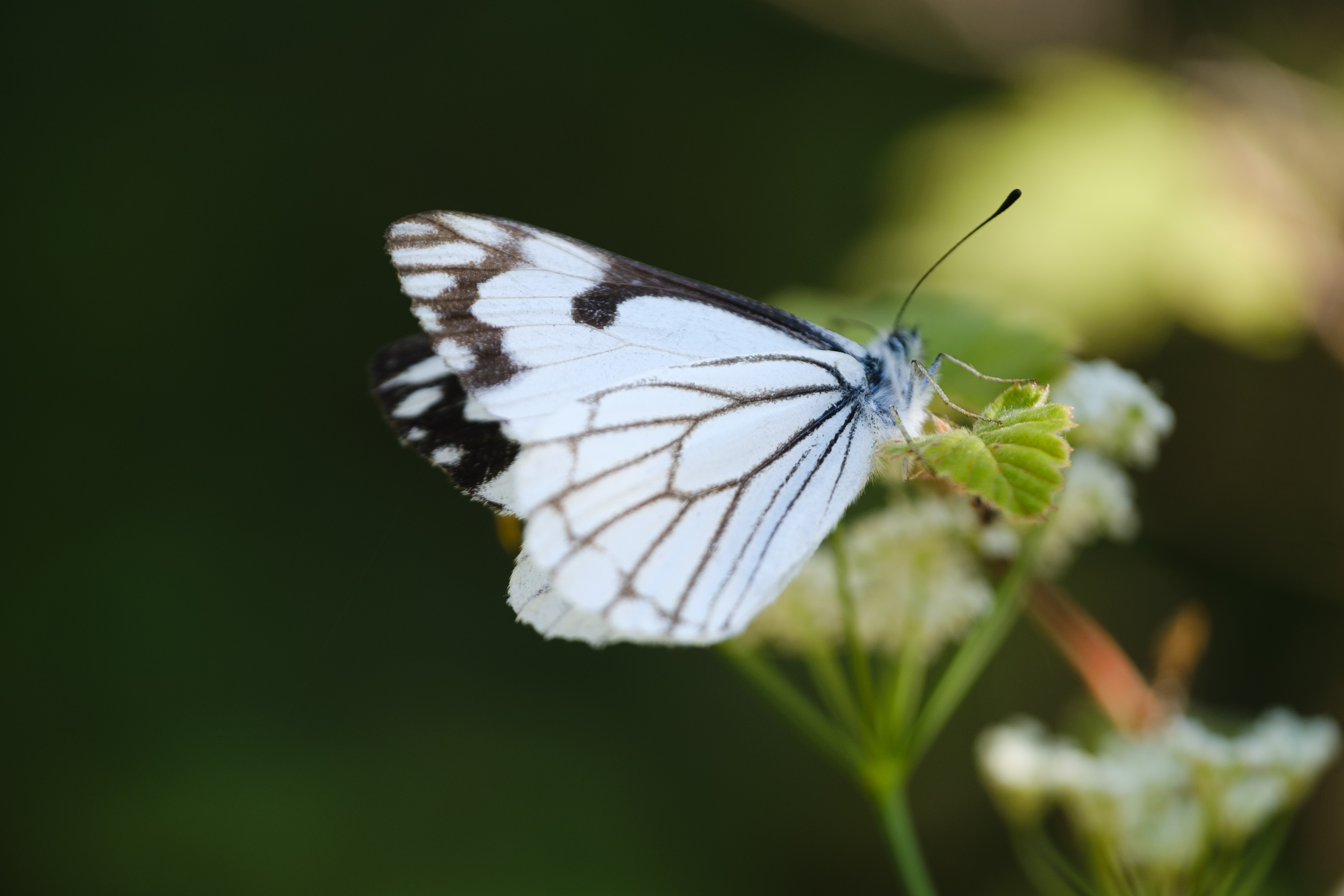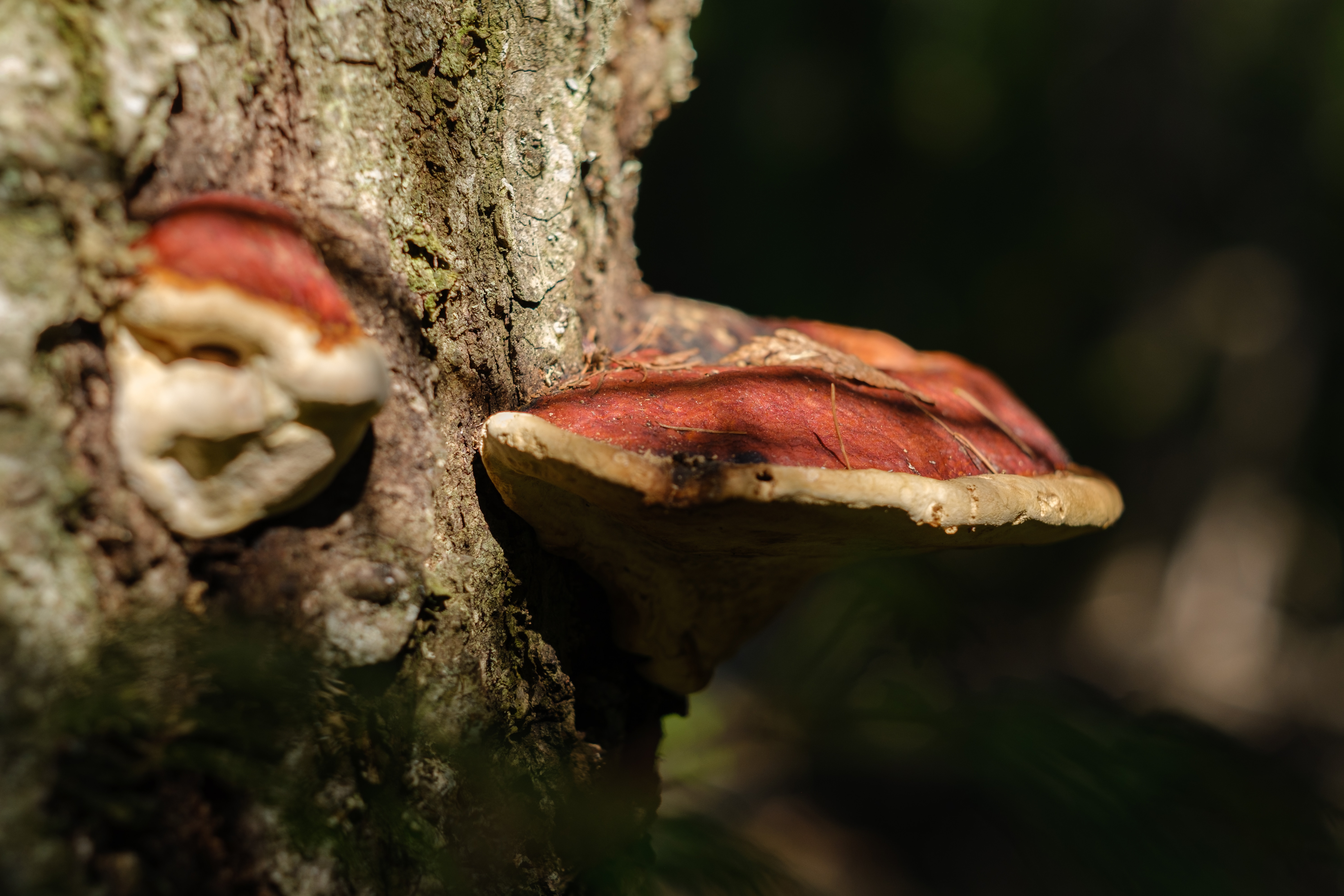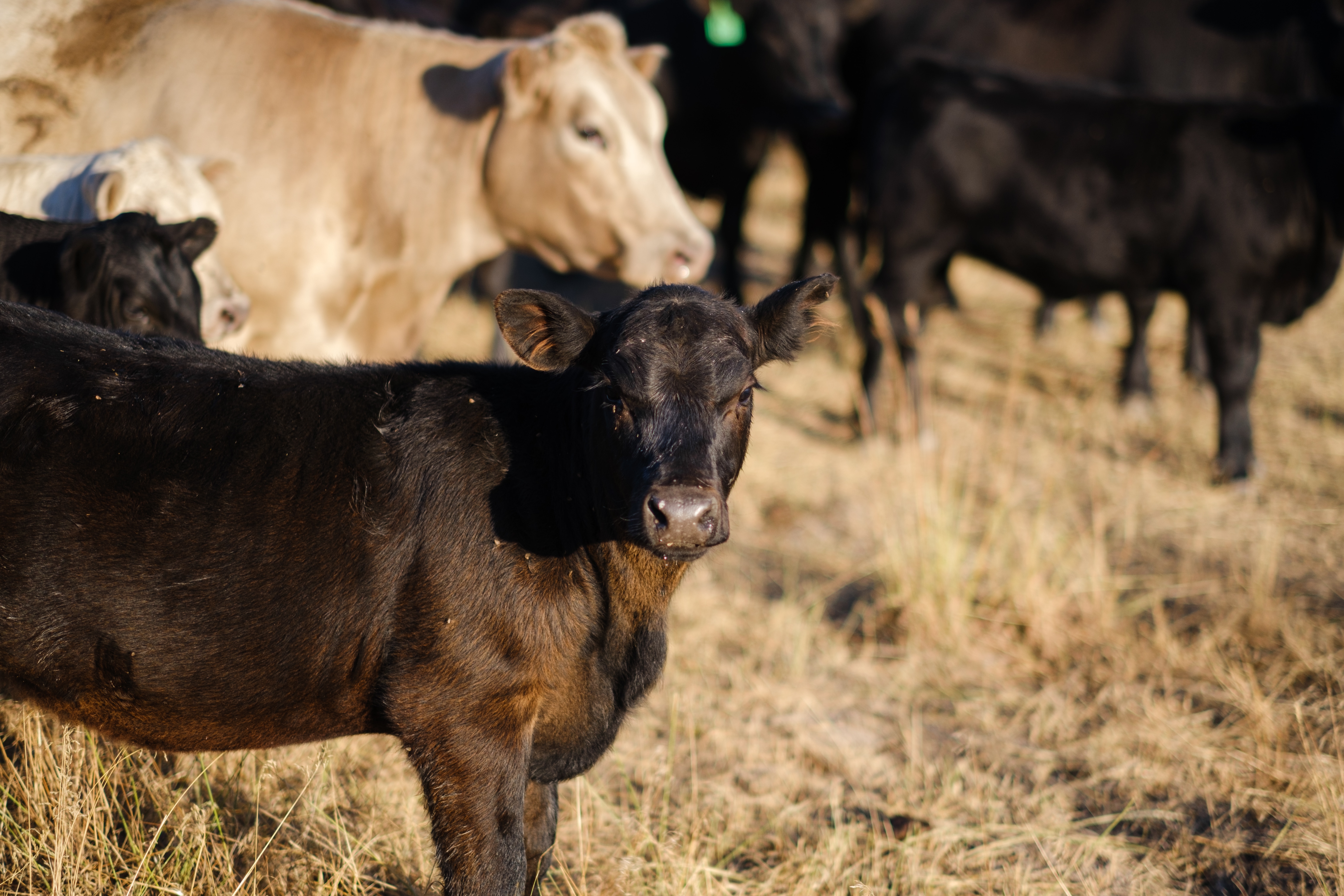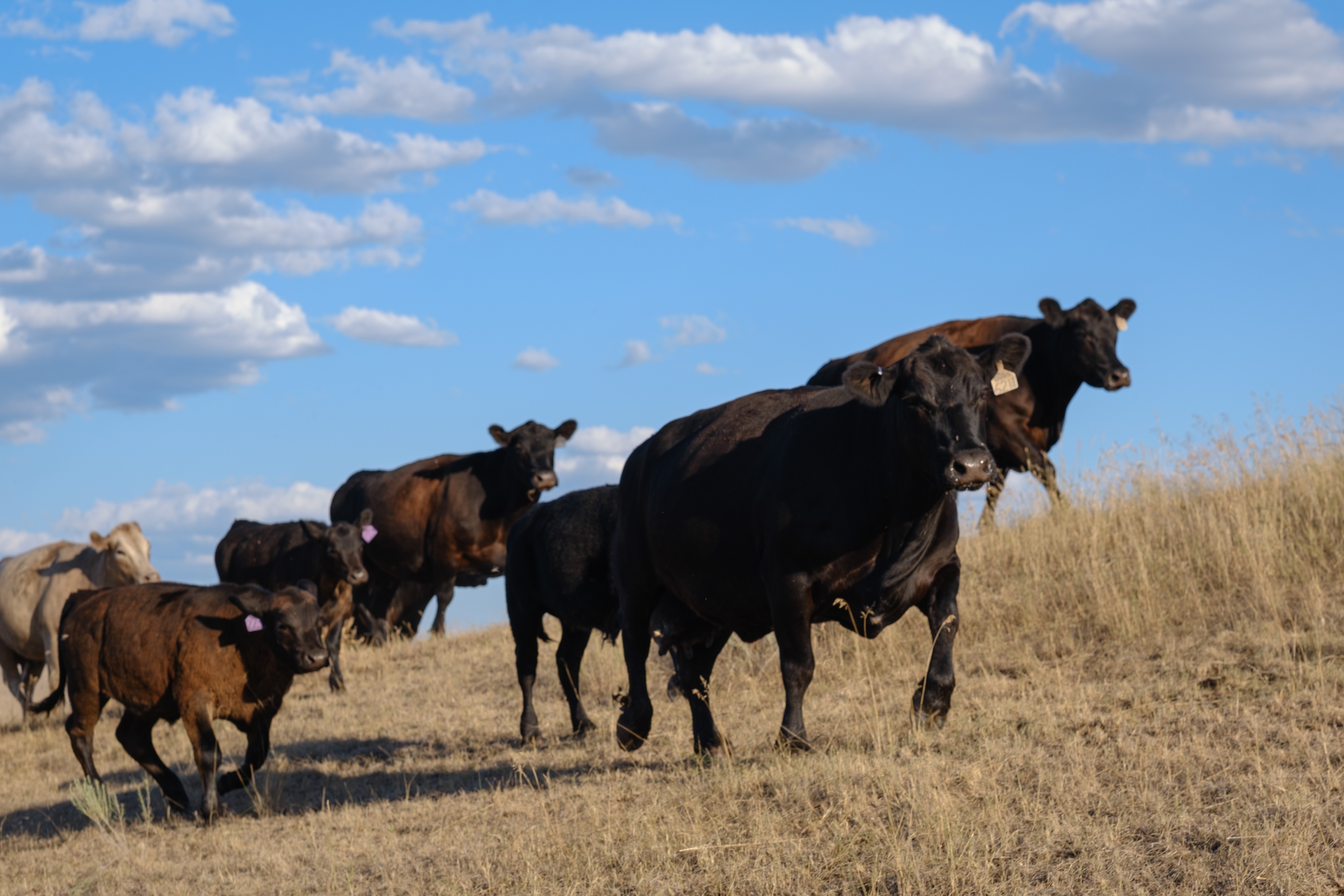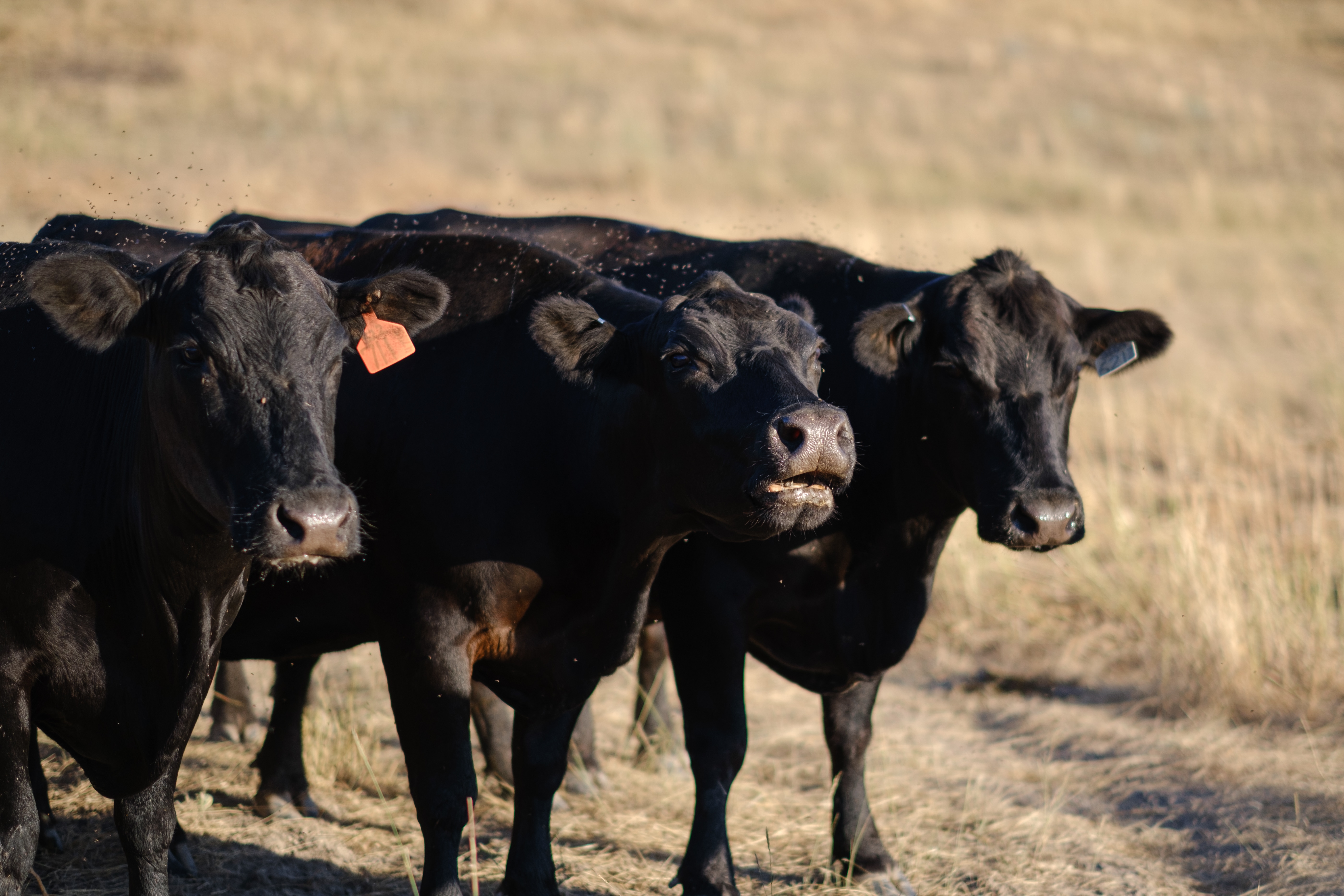An Attempt
- Notes
One of the things I don’t feel comfortable with yet is writing about topics like I’m some sort of authority on it. I don’t feel like I’m much of an authority outside of my own life. I feel confident writing about my own feelings because their mine, and I write to explore them, to understand them. I like referring to these pieces as essays in the way that Michel de Montaigne used the word, as attempts to understand my thoughts and feelings.
These essays are mostly contained in my Journal. If you’ve read them, you’ll have seen how personal I can get with them. They’re personal because I don’t know how else to write. How can you try to understand your emotions without getting personal? Since I started blogging again in 2020, I’ve included one of my photos in each essay as a supplement to my writing, and even here, these photos are also attempts, attempts to explore my photography, to discover ways to improve this craft. These “rules” I’ve set for myself have helped me focus these essays, but they have also stopped me from writing more. Each essay must have a photo, I tell myself, and if they don’t, then I won’t write them and I won’t publish them. It feels silly writing that out like this, but it’s true.
My Notes, on the other hand, were supposed to be more free. They were supposed to be my playground, a place to try new things, to amuse myself with silly notes or one-off photos. But… I don’t know. I guess I grew scared that I might offend someone or post too much to annoy my audience. I wanted to be safe, and that desire to be safe meant I restrained myself from playing around like I wanted to. As I’m writing this, I feel sad about that. Like I wrote yesterday, this is my home. My home means my rules. I have every right to amuse myself, so that’s what I’m going to try and do.
During this attempt at blogging every day in November, I’m giving myself permission to try new things and to explore different areas of my craft. I want to have fun doing this, and by having fun, I hope to discover something new about myself. Because if you’re not having fun, then what’s the point?
